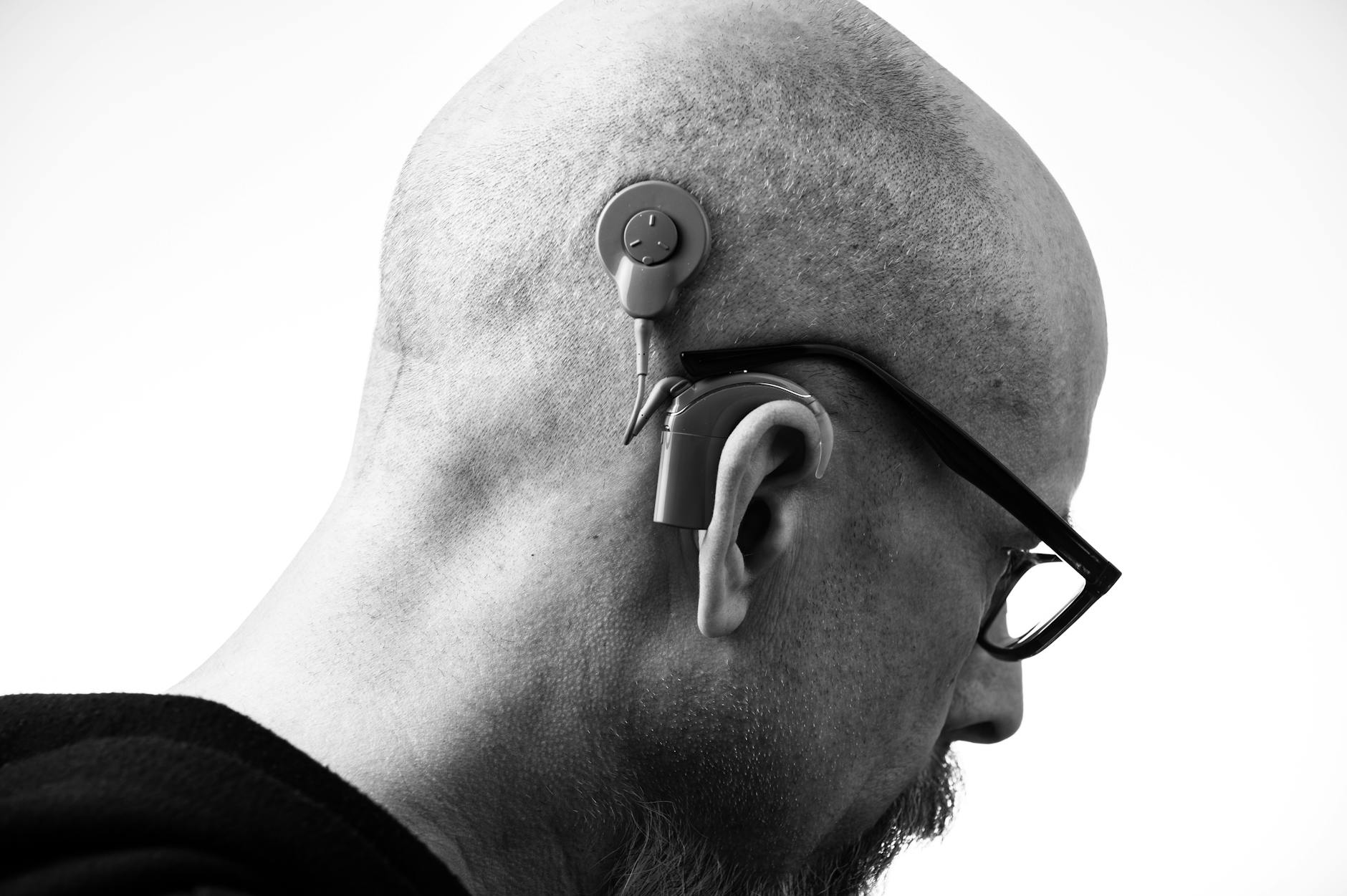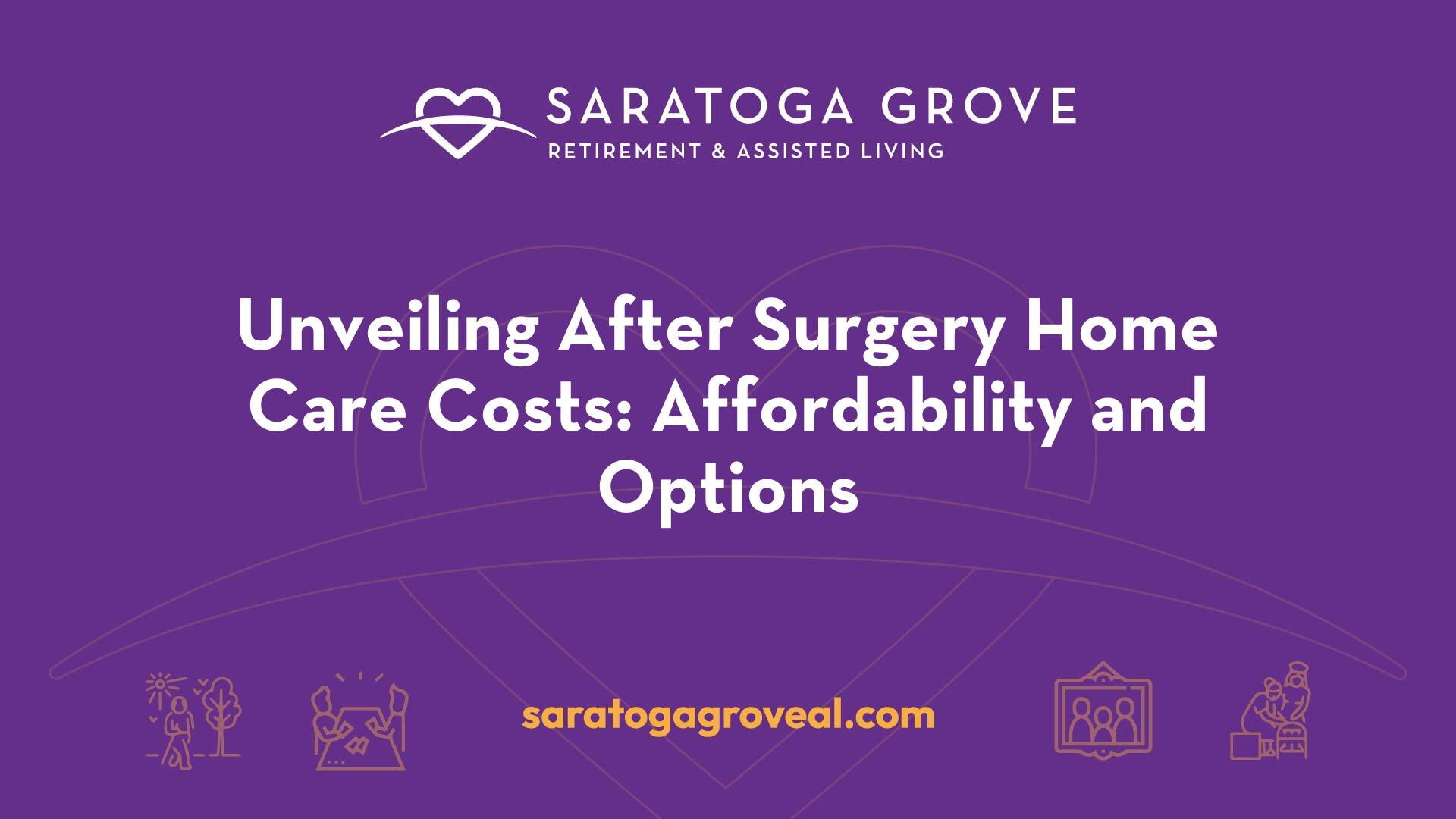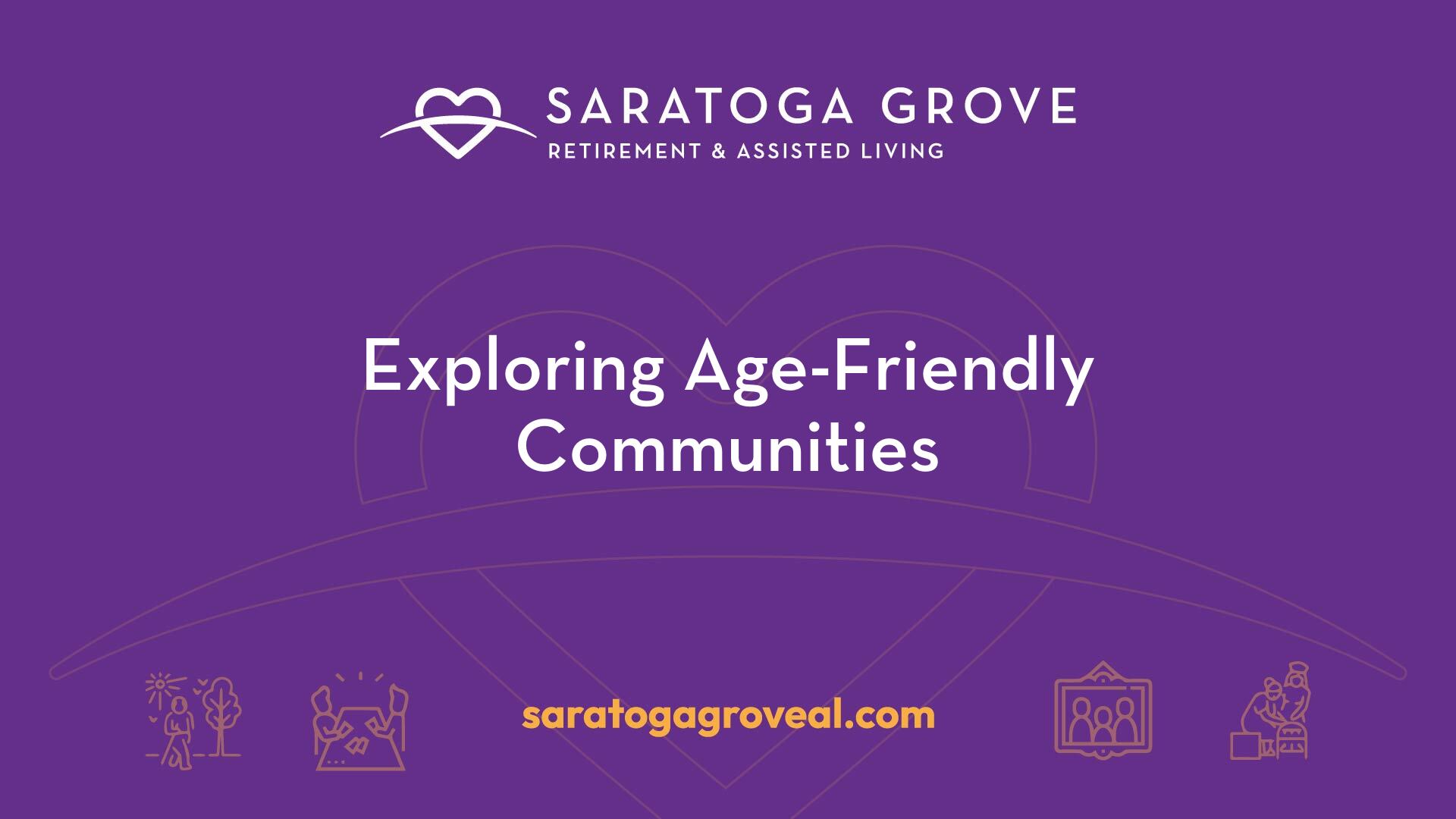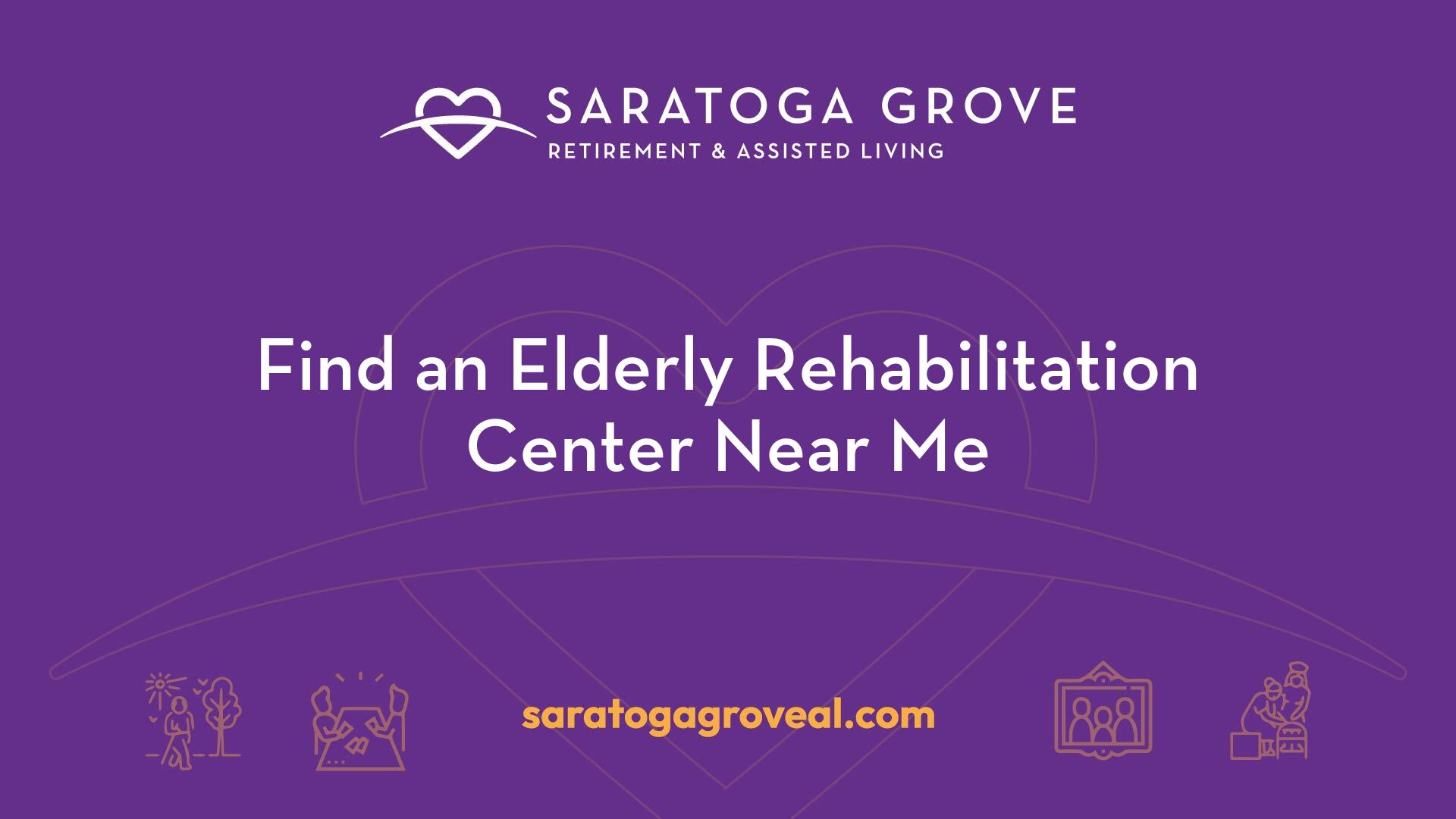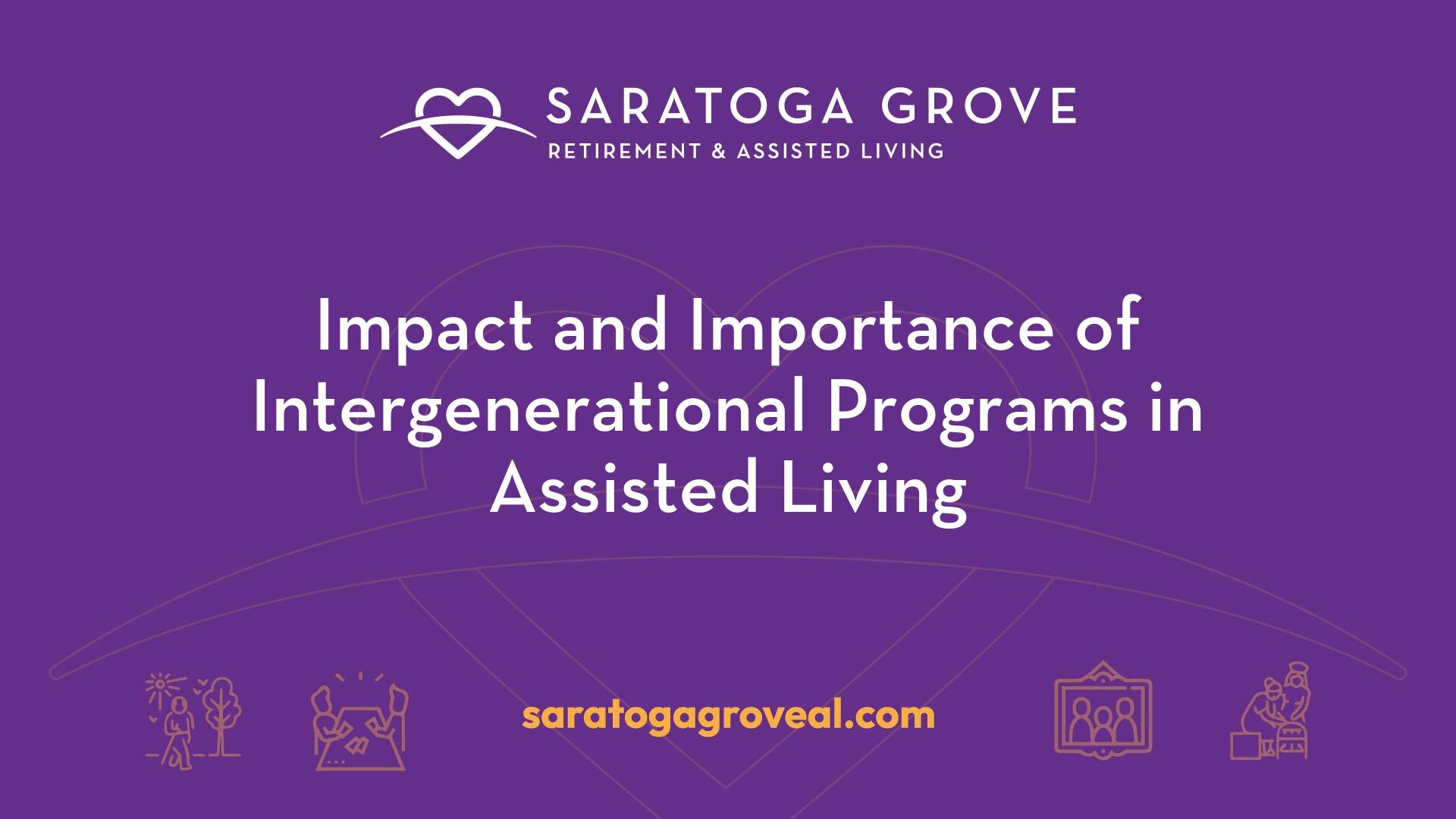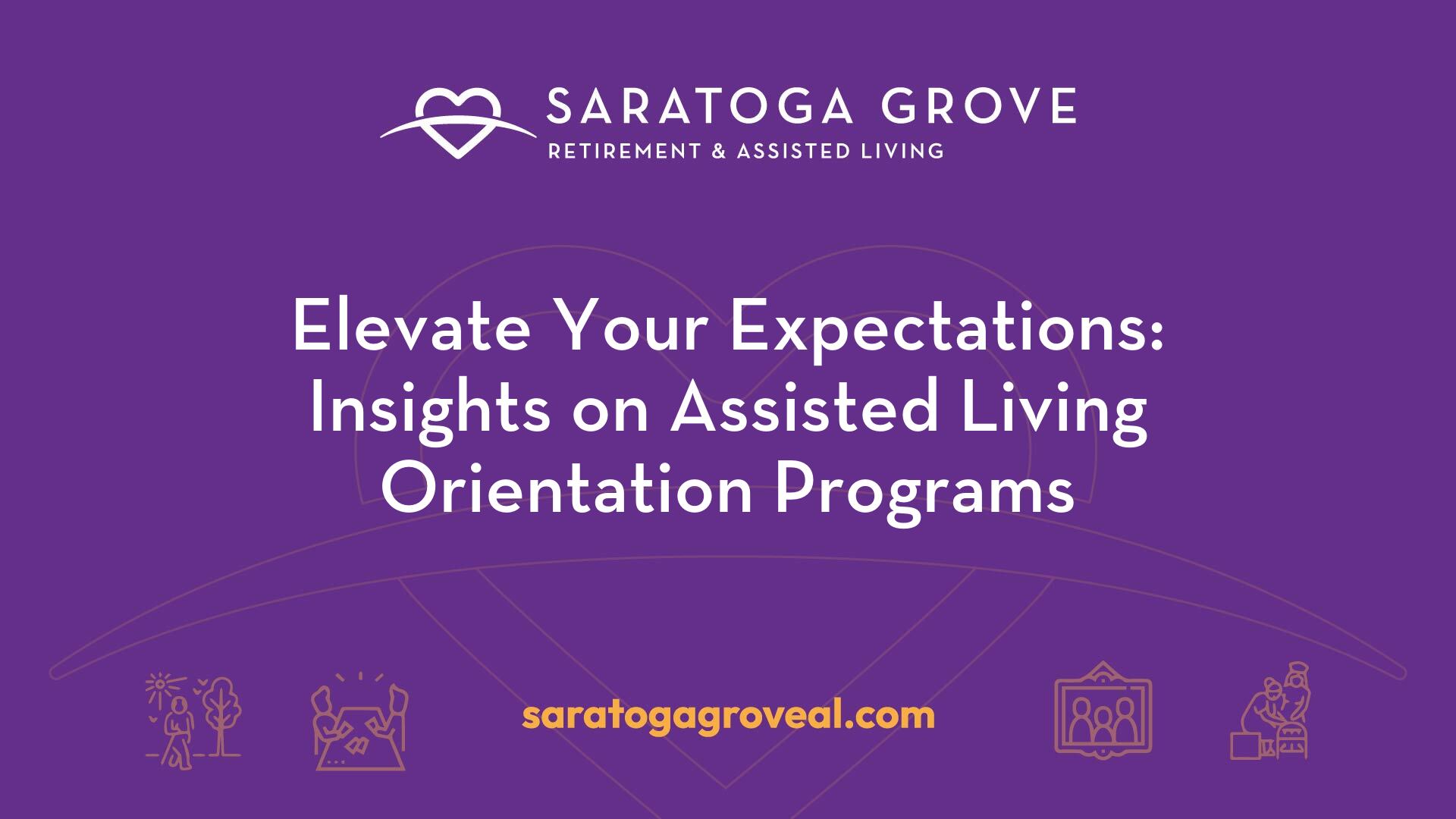
Enabling Independence with Home Health Care for Disabled Adults
March 4, 2025
Discover the power of home health care for disabled adults. Enhance independence and well-being with personalized support.
Understanding Home Health Care
When it comes to caring for disabled adults, home health care is an invaluable option that provides personalized support and assistance in the comfort of one's own home. Home health care refers to a range of services delivered by trained professionals, such as nurses, caregivers, and therapists, who visit the individual's home to provide medical care and help with daily activities. This type of care enables disabled adults to maintain their independence and improve their overall quality of life.
Definition and Importance
Home health care is a form of care that allows disabled adults to receive the assistance they need while remaining in a familiar and comfortable environment. It is particularly beneficial for individuals who prefer to age or recover from an illness or injury in their own homes. Home health care providers offer a wide range of services, including medical care, personal care, and emotional support. The specific services provided will depend on the individual's needs and can be tailored to meet their unique requirements.
One of the key advantages of home health care is that it allows disabled adults to maintain their independence and autonomy. Being able to receive care at home enables individuals to continue living in a familiar environment, surrounded by their loved ones and personal belongings. This can have a positive impact on their mental and emotional well-being.
Benefits of Home Health Care
Home health care offers numerous benefits for disabled adults. Some of the key advantages include:
- Personalized Care: Home health care providers offer personalized care plans tailored to the individual's specific needs. This ensures that they receive the right level of care and support to maintain their overall well-being.
- Improved Quality of Life: By receiving care in their own homes, disabled adults can enjoy a better quality of life. They have the freedom to engage in activities they enjoy, maintain social connections, and have a greater sense of control over their daily routines.
- Medical Assistance: Home health care providers are trained to deliver medical care, including wound care, IV insertion, and occupational and physical therapy. This allows disabled adults to receive the necessary medical attention without the need for hospitalization or moving into a care facility.
- Cost-Effectiveness: In many cases, home health care can be a more cost-effective option compared to residential skilled nursing care. According to Paying for Senior Care, the average cost of in-home care is $5,417 per month, while home health care costs an average of $5,625 per month, making it a more affordable choice for many individuals.
Home health care provides disabled adults with the necessary support and assistance to maintain their independence, improve their overall well-being, and age in place. It offers a personalized approach to care, ensuring that individuals receive the attention they need while remaining in the comfort of their own homes.
Training and Certification for Caregivers
To provide effective and quality home health care for disabled adults, caregivers undergo specific training and certification processes. These requirements ensure that caregivers possess the necessary skills and knowledge to meet the unique needs of their clients.
Requirements for Caregivers
The training hour requirements for caregivers vary significantly across different states. For example, New York mandates a 40-hour training program approved by the Department of Health (DOH), while some states, such as Arizona and Ohio, have no training requirements for caregivers in private-pay agencies [1]. It's important for caregivers to be aware of the specific regulations and guidelines in their respective states to ensure compliance.
Additionally, caregivers may need to meet certain background check and health screening requirements to ensure the safety and well-being of the individuals they will be caring for. These checks may include criminal background checks, fingerprinting, and TB testing, among others.
Importance of Certification
Certification plays a vital role in the caregiving profession. Certified caregivers have access to more job opportunities compared to non-certified caregivers, especially in assisted living facilities, nursing homes, and home care agencies. Medicare-certified caregiving agencies are required to hire certified caregivers [1]. Certification demonstrates a caregiver's commitment to professional development and ongoing training.
Certification programs for caregivers typically cover topics such as personal care, communication skills, managing medications, recognizing signs of abuse or neglect, and first aid. These programs equip caregivers with the knowledge and skills necessary to provide safe and high-quality care to disabled adults.
By hiring certified caregivers, individuals and their families can have confidence in the caregiver's qualifications and expertise. Certification provides reassurance that the caregiver has undergone rigorous training and has met the necessary standards to deliver competent and compassionate care.
When selecting a caregiver, it is advisable to inquire about their certification status and the specific training programs they have completed. This information can help individuals and their families make informed decisions about the most suitable caregiver for their needs.
In conclusion, caregivers undergo training and certification processes to ensure they have the necessary skills and qualifications to provide home health care for disabled adults. By meeting training requirements and obtaining certification, caregivers can enhance their job prospects and demonstrate their commitment to delivering quality care. Hiring certified caregivers provides peace of mind to individuals and their families, knowing that they are receiving care from professionals who have met specific standards of competence and expertise.
Types of Home Care Services
When it comes to providing care for disabled adults in the comfort of their own homes, there are different types of home care services available. These services are designed to cater to the specific needs of individuals with disabilities and ensure their well-being and independence. In this section, we will explore two key types of home care services: home health aides and certified nursing assistants, as well as medical care services provided at home.
Home Health Aides vs. Certified Nursing Assistants
Home health aides (HHAs) and certified nursing assistants (CNAs) play important roles in providing care to disabled adults at home. While both positions involve assisting individuals with various tasks, there are some differences in their responsibilities and the level of care they provide.
Home health aides (HHAs) are trained caregivers who offer extensive physical care and assistance to individuals in need. They are trained to provide personal care, such as bathing, dressing, and grooming, as well as assistance with mobility and transfers. HHAs may also assist with light housekeeping, meal preparation, and medication reminders. They provide essential support to disabled adults, helping them with their daily activities and promoting their overall well-being.
On the other hand, certified nursing assistants (CNAs) have additional training and certification that allow them to provide more advanced medical care services. CNAs are typically employed in healthcare facilities but can also work in home care settings. They may perform tasks such as wound care, IV insertion, and occupational and physical therapy under the supervision of a registered nurse or licensed healthcare professional.
Both HHAs and CNAs play vital roles in ensuring the comfort and safety of disabled adults receiving home care. The specific type of care required will depend on the individual's needs and the recommendation of their healthcare professional.
Medical Care Services at Home
In addition to the assistance provided by home health aides and certified nursing assistants, home health care also includes medical care services that can be delivered directly to the home. This type of care is typically recommended by a physician and may require a doctor's written order for insurance coverage.
Medical care services at home involve the provision of specialized medical care and monitoring by trained healthcare professionals, such as nurses or licensed practical nurses. These professionals are equipped to handle various medical tasks and procedures, ensuring that the unique healthcare needs of disabled adults are met. Some of the medical care services that can be provided at home include:
- Medication management: Assisting with medication administration, ensuring proper dosage and timing.
- Wound care: Dressing changes, monitoring healing progress, and preventing infection.
- Vital sign monitoring: Regularly checking and recording blood pressure, heart rate, temperature, and other vital signs.
- Coordination with healthcare professionals: Collaborating with physicians, therapists, and other healthcare providers to ensure comprehensive care and treatment.
By bringing medical care services into the home, disabled adults can receive the necessary care and monitoring while enjoying the comfort and familiarity of their own environment. This can greatly contribute to their overall well-being and quality of life.
When considering home care services for disabled adults, it's important to assess individual needs and consult with healthcare professionals to determine the most appropriate level of care required. Whether it's assistance from home health aides, the specialized care of certified nursing assistants, or medical care services provided at home, the goal is to empower disabled adults and enable them to live independently while receiving the support they need.
Cost and Coverage of Home Health Care
When considering home health care for disabled adults, understanding the cost and coverage options is essential. Several programs and insurance options can help alleviate the financial burden associated with home health care services. In this section, we will explore Medicare and Medicaid coverage, private insurance options, and benefits available through the Department of Veterans Affairs (VA).
Medicare and Medicaid Coverage
Medicare, a federal health insurance program primarily for individuals aged 65 and older, offers limited coverage for home health care services. While standard home care services like companion care and personal care assistance are not covered, Medicare does provide coverage for medically necessary home health care services prescribed by a doctor as part of a care plan. To qualify for Medicare coverage, seniors must meet specific requirements, including being certified by a doctor, being homebound, and working with a Medicare-approved agency [2].
On the other hand, Medicaid, a joint federal and state program, covers some long-term care services for individuals and families with low incomes. This includes home health care services such as part-time nursing, healthcare services, and medical supplies and equipment. Coverage for home health care services through Medicaid can vary by state, and eligibility requirements must be met [3]. To determine the specific coverage available in your state, it is advisable to consult with your local Medicaid office.
Private Insurance and VA Benefits
Private health insurance policies often cover some home health care services for immediate or acute health needs. The coverage for long-term services, however, can vary between insurance plans. Some insurance companies may offer coverage for skilled professional home healthcare under cost-sharing plans. It is important to review your specific insurance policy to understand the extent of coverage for home health care services [3].
For disabled adults who are veterans, the Department of Veterans Affairs (VA) provides coverage for long-term care related to service-related disabilities. In cases where disabled veterans cannot afford care, the VA offers home healthcare services through its hospital-based home care units. Eligibility for VA benefits and coverage for home health care services are determined based on specific criteria set by the VA. It is advisable to contact the VA or visit their website to learn more about the available benefits and eligibility requirements [3].
Understanding the cost and coverage options for home health care services is crucial for disabled adults and their families. Whether you rely on Medicare, Medicaid, private insurance, or VA benefits, it is important to explore all available options to ensure the financial support needed to access necessary care. Consulting with healthcare providers, insurance representatives, and relevant government agencies can provide further guidance and assistance in navigating the complexities of coverage for home health care services.
Community-Based vs. Institutional Care
When it comes to providing care for disabled adults, there are two main options to consider: community-based care and institutional care. Each approach has its own advantages and considerations. In this section, we will explore the cost-effectiveness of community-based services and compare the health outcomes between community-based and institutional care.
Cost-Effectiveness of Community-Based Services
Community-based services have gained increasing recognition and support in recent years. A study conducted between October 2012 and September 2013 revealed that 51% of Medicaid expenditures in long-term health support went toward home and community-based services (HCBS), amounting to $75 billion out of $145 billion spent in long-term care programs. This represents a significant shift towards community-based services over institutional care [4].
One of the key advantages of community-based services is their cost-effectiveness. A study comparing conventional care with mobile medical care (community-based services) showed that the group receiving community-based services experienced a 50% reduction in expenses and a 65% reduction in the number of days spent in a hospital. Similar findings were reported in Nevada, where a house call program resulted in a 62% reduction in hospital days and annual savings of $440,000 when clients utilized community-based services instead of institutionalized care.
By opting for community-based care over a nursing home, elderly individuals enrolled in programs like ElderChoices in Arkansas incurred significantly lower costs. For example, one elderly woman received care in her own home through community-based services, resulting in expenses under $7,500 per year, compared to the approximate $50,000 per year that Medicaid would pay for nursing home care [4].
Comparison of Health Outcomes
In addition to being cost-effective, community-based services have also shown positive health outcomes compared to institutional care. Individuals receiving daily assistance and care in their own homes through community-based services are less likely to make multiple visits to the emergency room or require frequent hospitalization when compared to those in institutional care settings [4].
While institutional care may provide round-the-clock supervision and access to medical professionals, community-based care focuses on enabling individuals to live independently in their own homes with the necessary support. This independence can lead to improved mental and emotional well-being, as disabled adults have more control over their daily lives and maintain a sense of familiarity and comfort in their own environment.
Furthermore, community-based services often involve personalized care plans tailored to the specific needs of each individual. This individualized approach can lead to better health outcomes, as care providers can focus on addressing the unique challenges and requirements of each person.
By considering the cost-effectiveness of community-based services and the positive health outcomes associated with this approach, it becomes clear that community-based care is a viable and empowering option for disabled adults. It allows individuals to maintain their independence, receive personalized care, and achieve a higher quality of life. However, it's important to assess the needs and preferences of the disabled adult and consult with healthcare professionals to determine the most suitable care arrangement.
Impact of Home Health Care on Disabled Adults
Home health care plays a crucial role in improving the lives of disabled adults, providing them with the necessary support to enhance their independence and overall quality of life. By receiving care in the comfort of their own homes, disabled individuals can maintain their familiar surroundings, stay connected to their community, friends, and family, and foster a greater sense of well-being and autonomy [5].
Independence and Quality of Life
One of the key benefits of home health care for disabled adults is the promotion of independence. Home care professionals assist individuals with activities of daily living, such as personal hygiene, mobility, medication management, and more, enabling them to maintain a higher level of independence. With the support of caregivers, disabled adults can continue to participate in their daily routines, engage in hobbies, and enjoy a sense of control over their lives.
Additionally, home health care helps create a safe and comfortable living environment for disabled adults. Caregivers ensure that the home is accessible and free from potential hazards, reducing the risk of accidents. This emphasis on safety and comfort contributes to a higher quality of life for disabled individuals, allowing them to live with peace of mind and focus on their well-being [5].
Health Indicators and Well-Being
Home health care providers not only offer assistance with daily activities but also provide medical care and monitoring services. Trained healthcare professionals, such as nurses or licensed practical nurses, can administer medication, perform wound care, monitor vital signs, and coordinate with other healthcare professionals as needed. This comprehensive medical support helps manage the health conditions of disabled adults and ensures their well-being [5].
Research has shown that home health care has a positive impact on the health indicators of disabled adults, particularly those with mental disabilities. Studies have indicated that utilizing home and community care services increases the probability of maintaining and improving physical health, cognitive function, and mental well-being among individuals receiving such services. These outcomes demonstrate the effectiveness of home health care in improving the overall health and well-being of disabled adults [6].
By enabling independence and providing comprehensive support, home health care empowers disabled adults to lead fulfilling lives. It allows them to maintain their sense of identity, participate in their communities, and enjoy an improved quality of life. The positive impact of home health care on the well-being and health indicators of disabled adults highlights its importance in ensuring their overall welfare and happiness.
References
[1]: https://www.24hrcares.com/resource-center/how-to-become-a-certified-caregiver
[2]: https://www.payingforseniorcare.com/homecare
[3]: https://www.hopkinsmedicine.org/health/caregiving/paying-for-home-health-and-hospice-care
[4]: https://www.integrityinc.org/3-major-benefits-of-community-based-services-vs-institutional-care/
[5]: https://www.hometeammo.com/blog/home-health-care-for-disabled-adults
[6]: https://www.parxhhc.com/resources/home-health-care-for-mentally-disabled-adults








